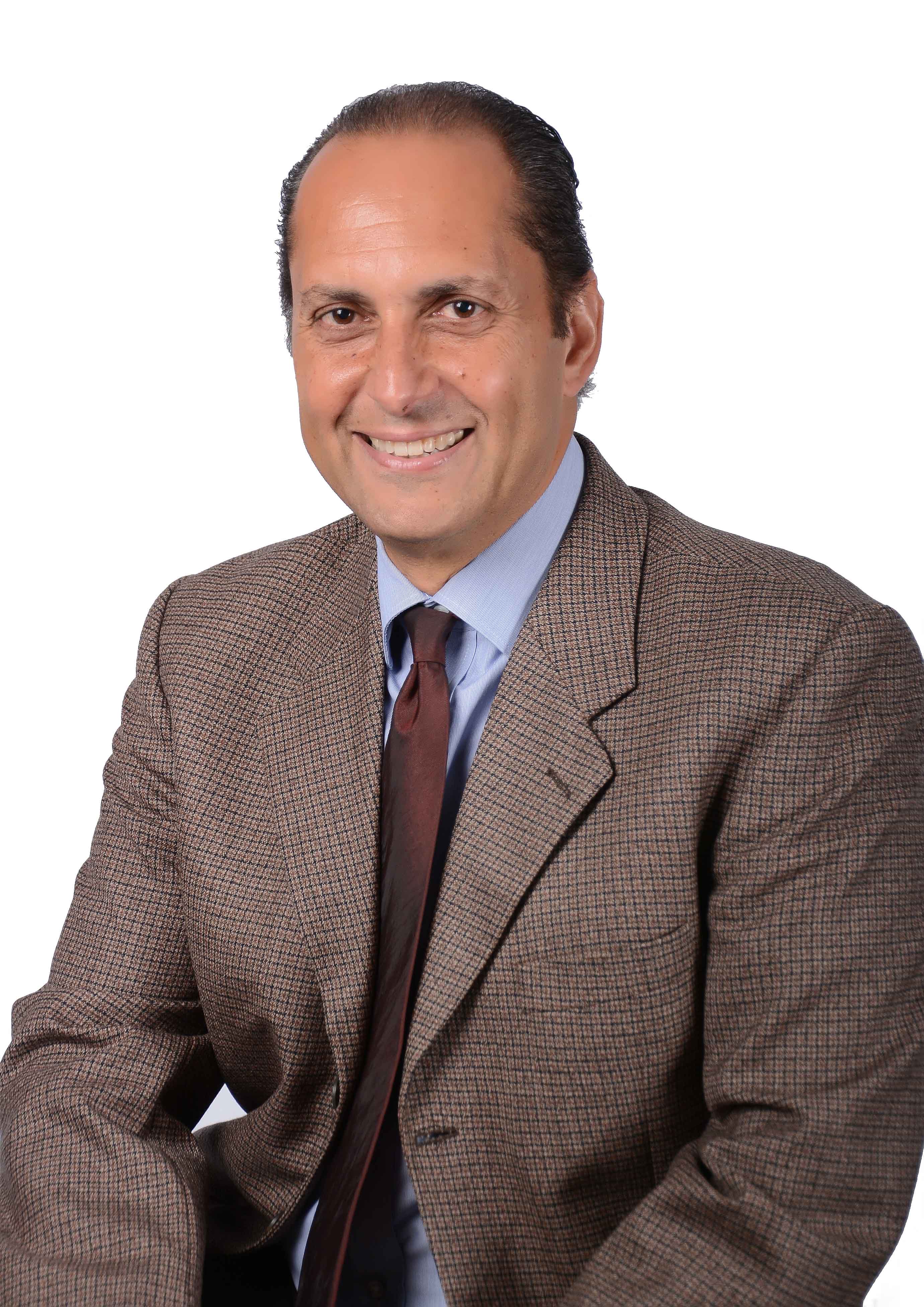Professor Hatem Eleishi
The course starts with an introduction about the importance of communication skills in the practice of the medical profession and how mastering communication compounds with the expertise of the clever doctor to make a really successful doctor.
The course then moves to the detailed description of the different basic skills that doctors need and the more advanced skills too.
Among the basic skills are the doctor's appearance and dress code, basic interview techniques related to history taking, how to communicate empathically, eye contact, agenda clarification during the interview, patient education strategies.
Among the more advanced techniques are dealing and handling patient emotions, dealing with different age-groups, dealing with patients' families, addressing disagreements about diagnosis and therapy, setting boundaries in the relationship with patients and lastly, ability to master delivering bad news.
Communication skills are required by doctors in their practice and also are required for passing the important board exams in most countries. Getting to master communication skills requires attending communication skills courses for doctors every few years. The apprenticeship method of learning from a mentor does apply here the way it applies in learning and mastering medical procedures.
1. Identify that effective communication skills are no less important than medical and technical abilities in the field of medicine.
2. Identify the current defects in the doctor-patient relationship in the Middle Eastern culture
3. Appreciate that physicians have an ethical responsibility to always provide patients and the public with comprehensive high quality care and medical treatment under an umbrella of empathic communication.
4. Apply the art of listening to patients
5. Deal with disagreements between doctors and patients in issues related to diagnosis and treatment
6. Manage patients’ emotions as anger, fear and sadness
7. Deliver bad news in a therapeutic way
8. Deal with patients’ gifts and admiration in ways that would not jeopardize the doctor-patient relationship or the true mission of being a doctor
9. Recognize the meaning of illness to patients

Professor Hatem Eleishi